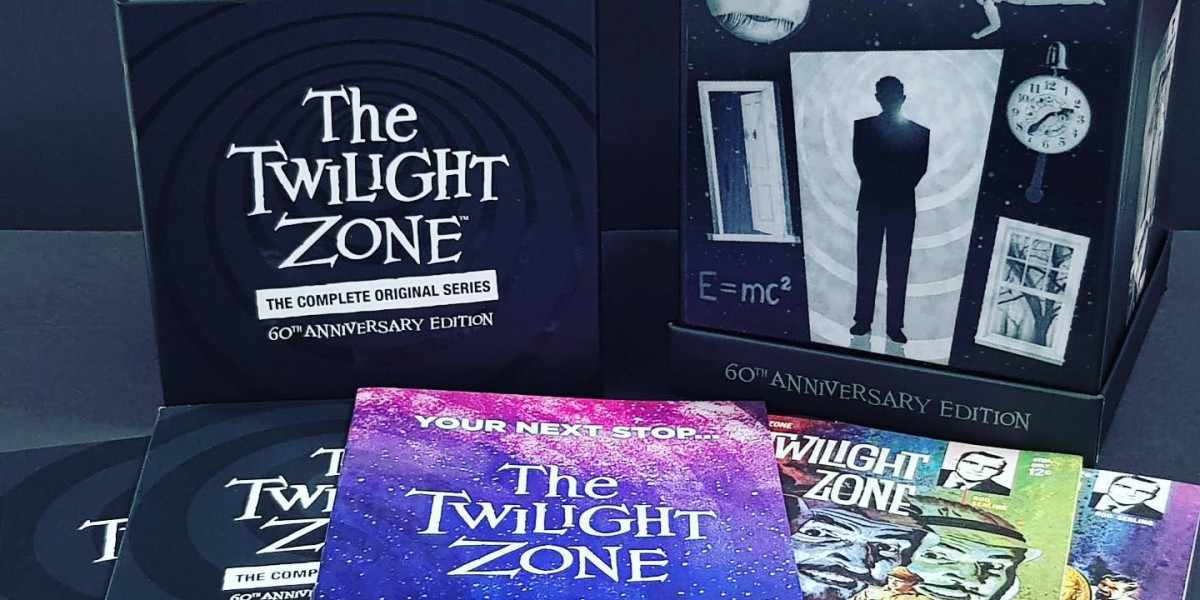In the age of streaming and digital downloads, physical media like CDs and DVDs still hold a significant place in the world of music, film, and data storage. Whether you’re an independent artist, a filmmaker, or a business needing bulk media production, understanding the difference between CD Replication and CD Duplication is essential. These two methods serve different purposes and cater to distinct needs, especially when considering factors like quality, quantity, and cost.
This guide will delve into the differences between CD replication and duplication, their respective benefits, and how each method fits into modern CD manufacturing. We’ll also touch on how DVD duplication fits into the broader landscape of physical media production.
What Is CD Replication?
CD replication is the industrial-grade process of manufacturing CDs from scratch. Here’s how it works:
The Process:
- Glass Master Creation:A glass master is created from your original data. This master acts as the mold for all subsequent copies.
- Injection Molding:Polycarbonate plastic is injected into the mold to form the CD.
- Data Transfer:Data is physically embedded onto the disc during the molding process, ensuring a permanent and accurate copy.
- Coating and Printing:The disc is coated with a reflective layer (usually aluminum) and printed with custom artwork.
Benefits of CD Replication:
- High Quality:The data is physically stamped onto the disc, resulting in superior playback and durability.
- Cost-Effectiveness for Bulk Orders:While the initial setup cost is higher, the per-unit cost decreases significantly for large quantities (typically 500+ units).
- Professional Appearance:Replicated CDs look identical to those found in retail stores, with high-quality artwork and finishes.
What Is CD Duplication?
CD duplication, on the other hand, involves burning data onto pre-manufactured blank CDs. This process is similar to what you might do with a home CD burner but on a professional scale.
The Process:
- Data Burning:Your data is written onto blank recordable CDs (CD-Rs) using high-speed burners.
- Printing:The disc surface is printed with your desired artwork, often using inkjet or thermal printing.
Benefits of CD Duplication:
- Quick Turnaround:Duplication is faster than replication, making it ideal for small or last-minute orders.
- Low Minimum Order Quantity:Perfect for orders under 500 units.
- Flexibility:Suitable for on-demand production and testing before committing to large-scale replication.
Key Differences Between CD Replication and CD Duplication
Feature | CD Replication | CD Duplication |
Production Method | Discs are molded and data is stamped | Data is burned onto blank CDs |
Quality | Higher quality and durability | Slightly lower quality, prone to wear |
Cost | Cost-effective for bulk orders | More affordable for small quantities |
Turnaround Time | Longer due to setup and manufacturing | Faster, suitable for urgent needs |
Minimum Order | Typically 500+ units | No minimum or very low minimum |
When to Choose CD Replication
CD replication is the go-to choice for professionals looking to produce high-quality discs in large quantities. Common use cases include:
- Music Albums:Artists releasing albums or singles for retail and distribution.
- Software Distribution:Companies producing software installation discs.
- Corporate Marketing:Businesses creating branded CDs for promotions or events.
- Retail Products:CDs sold in stores that require a polished, professional appearance.
Advantages in CD Manufacturing
CD replication is a core service in CD manufacturing, ensuring consistent quality across large-scale production runs. For businesses and creators looking to maintain brand integrity, replication offers unmatched reliability.
When to Choose CD Duplication
CD duplication is ideal for smaller-scale projects or situations requiring quick delivery. Common use cases include:
- Demos:Musicians or filmmakers needing a small batch of samples.
- Events:Conferences, weddings, or personal occasions requiring custom discs.
- Testing:Trying out a product or design before committing to mass production.
- Limited Editions:Special releases or niche projects with smaller audiences.
DVD Duplication: How It Fits In
While this guide focuses on CDs, DVD duplication follows a similar process to CD duplication. It involves burning data onto blank recordable DVDs (DVD-Rs) and is widely used for video production, data storage, and multimedia projects.
Key Advantages:
- Cost-Effective for Small Runs:Perfect for low-volume projects, such as independent films or corporate training materials.
- Quick Turnaround:Like CD duplication, DVD duplication offers a fast solution for urgent needs.
- Versatility:Suitable for various formats, including video, audio, and data.
For larger DVD orders, DVD replication (similar to CD replication) is recommended to ensure optimal quality and durability.
Choosing the Right Method for Your Project
Selecting between CD replication and duplication depends on your project’s specific needs. Here are some factors to consider:
1.Quantity:
- For orders above 500 units, replication is more cost-effective.
- For smaller quantities, duplication is the better choice.
2.Quality Requirements:
- If durability and professional-grade quality are essential, opt for replication.
- For temporary use or casual distribution, duplication is sufficient.
Budget:
- Duplication offers a lower upfront cost, ideal for limited budgets.
- Replication provides better value for bulk orders.
Time Constraints:
- Duplication is faster and better for tight deadlines.
- Replication requires more time due to its manufacturing process.
Why Partner with VDC Group for Your Media Needs?
VDC Group is a leader in CD manufacturing, offering both replication and duplication services tailored to various industries. Their expertise ensures that clients receive high-quality products, whether they need a small batch or a large-scale production run.
Key Benefits of Working with VDC Group:
- State-of-the-Art Facilities:Equipped to handle both CD replication and duplication with precision.
- Custom Solutions:Offering personalized artwork, packaging, and design services.
- Sustainability:Commitment to eco-friendly practices in media production.
- Experienced Team:Decades of expertise in physical media production.
Conclusion
Understanding the difference between CD replication and CD duplication is crucial for choosing the right method for your project. While replication offers superior quality and cost-effectiveness for large orders, duplication provides flexibility and speed for smaller runs.
With a trusted partner like VDC Group, you can navigate these options with confidence, ensuring your media project meets the highest standards. Whether you’re an artist, filmmaker, or business owner, VDC Group’s services in CD manufacturing, DVD duplication, and beyond make them a reliable choice for your physical media needs.
Ready to bring your project to life? Explore VDC Group’s comprehensive services and discover how they can help you achieve your goals.








